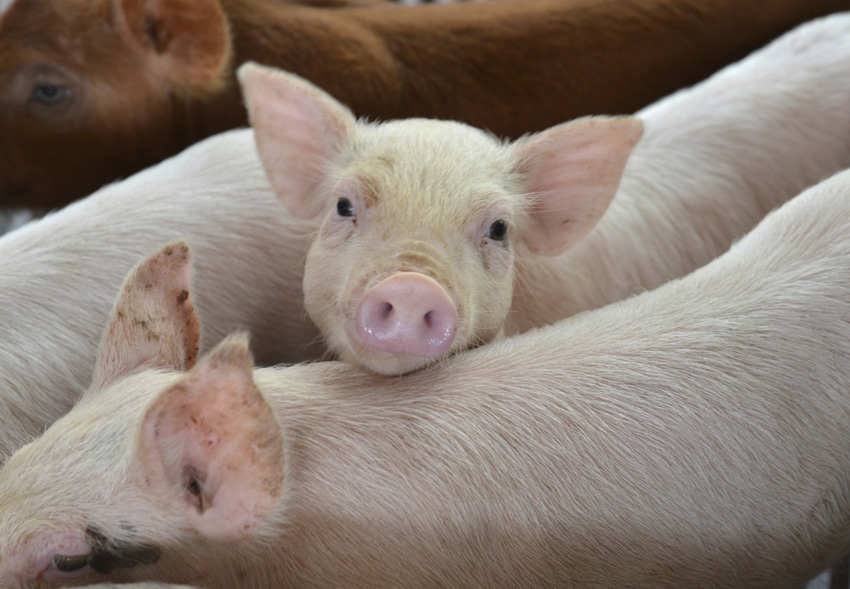German institute tests SARS-CoV-2 infection in animals
Initial study determines fruit bats and ferrets are susceptible to virus causing COVID-19, but pigs and chickens are not.
April 8, 2020

The novel SARS-CoV-2 coronavirus that causes COVID-19 originally was believed to have originated in bats and transferred to humans in China. Since then, questions have arisen if SARS-CoV-2 can also infect other animal species, which is being investigated by various research institutes worldwide, such as the Friedrich-Loeffler-Institut (FLI) in Germany.
Several weeks ago, FLI started infection studies in pigs, chickens, fruit bats and ferrets. On April 2, FLI said initial results showed that fruit bats and ferrets are susceptible to SARS-CoV-2 infection, whereas pigs and chickens are not. The susceptibility of ferrets in particular is an important finding, as they could be used as model animals for human infection to test vaccines or drugs.
According to FLI, in its infection studies, the test animals were inoculated nasally with SARS-CoV-2 to mimic the natural route of infection in humans via the nasopharyngeal route. Egyptian fruit bats — a megabat species — were tested to gain knowledge about the suspected reservoir function of bats. These animals became infected but did not show any symptoms of disease and did not infect their fellow animals efficiently, FLI reported.
Ferrets are a good model for humans for other respiratory infections, especially those caused by influenza viruses, FLI said, noting that since SARS-CoV-2 mainly replicates in the respiratory tract, ferrets could be a suitable model for this infection as well.
Such an animal model reflecting human infection is currently sought urgently worldwide. FLI experiments show that ferrets can be efficiently infected with SARS-CoV-2, and the virus replicates well and can be transmitted to other ferrets. The virus mainly replicates in the respiratory tract, but the animals showed no symptoms of disease, which FLI said "provides an infection model that could be helpful in the testing of vaccines and drugs against SARS-CoV-2."
Noting that since farm animals are typically in close contact with people, FLI also tested pigs and chickens for susceptibility to SARS-CoV-2. FLI researchers examined whether the animals become infected, whether the pathogen replicated and whether the animals showed symptoms of disease. It was also tested whether they excrete the pathogen and, thus, pose a potential risk to human health, FLI added.
According to the announcement, under experimental conditions, neither pigs nor chickens were found to be susceptible to infection with SARS-CoV-2. Based on the current state of knowledge, FLI said pigs and chickens are not affected by the virus and, therefore, do not pose a potential risk to human health.
The complete evaluation of all test series will take some time, but final results are expected at the beginning of May, FLI noted.
You May Also Like

.png?width=300&auto=webp&quality=80&disable=upscale)

